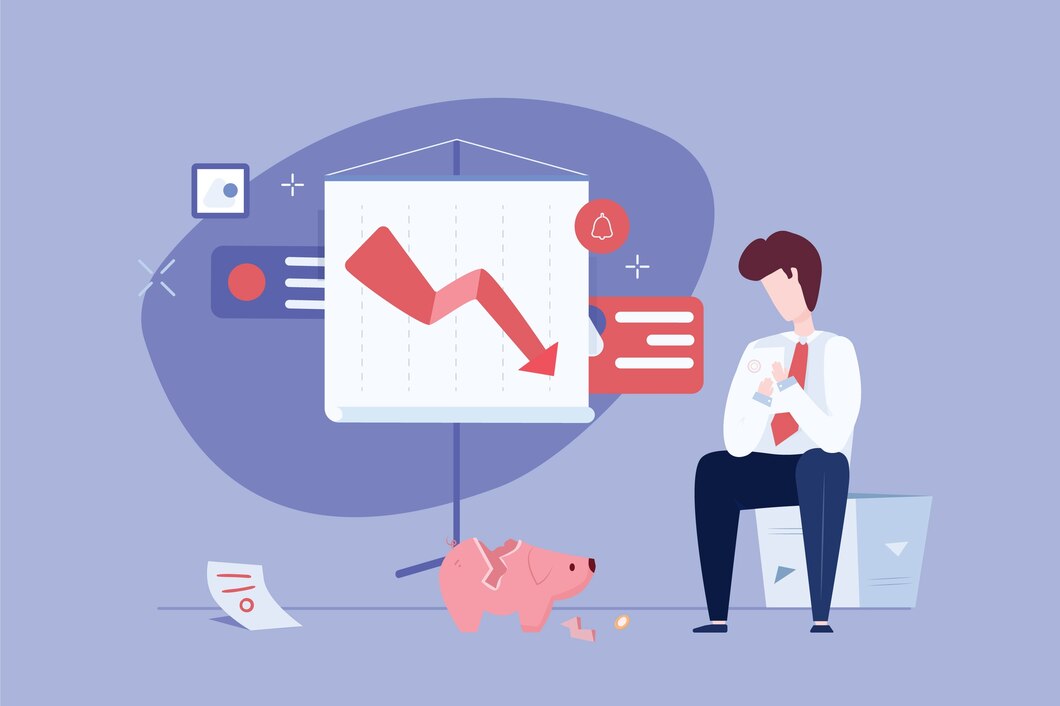When it comes to purchasing a home, the down payment often poses a significant hurdle for many potential buyers. While down payment gifts from family members can be beneficial in overcoming this obstacle, they are not the only solution available.
In fact, there are several alternatives to consider that may offer more flexibility and independence. In this article, we’ll explore these alternative strategies, including saving tactics, low down payment mortgage options, and various loan programs designed to assist homebuyers in their journey toward homeownership.
Importance of the Down Payment Gift Letter
A Down Payment Gift Letter is a crucial document when using gifted funds to purchase a property. This letter serves as a formal declaration, typically from the gift giver to the lender, that the funds provided are indeed a gift and not a loan. It’s important to remember that lenders need to be assured that the homebuyer will not have any additional debt from the gift.
The letter generally includes details such as the amount of the gift, the relationship between the donor and the recipient, and a statement from the donor indicating that repayment is not required. The importance of a Down Payment Gift Letter cannot be overstressed; it is often a non-negotiable requirement when using gifts for down payments, ensuring transparency and legitimacy in the transaction.
Additional Documentation Requirements
Beyond the Down Payment Gift Letter, there are additional documentation requirements you must adhere to when using gifted funds for a down payment. These documents aid in creating a comprehensive paper trail that further verifies the legitimacy of the gift.
Firstly, the donor’s bank statements showing the withdrawal of the gift amount and the recipient’s bank statement showing the deposit of these funds are often required.
Secondly, a copy of the check or wire transfer receipt can provide proof of the transaction.
Finally, a signed statement from the donor may be necessary, attesting that they have the financial ability to gift the funds without detriment to their own financial stability.
Each lender may have slightly different requirements, so it’s important to check with your specific lender to ensure you have all the necessary documentation. Meeting these requirements can streamline the homebuying process and avoid potential legal issues down the line.
Tax Implications of Gifting Money to Family Members
Whenever you give a sizable amount of money or property to someone, it’s essential to understand the potential tax implications involved. Under the United States tax law, the donor – rather than the recipient – is generally responsible for paying any potential gift tax. The IRS allows an annual exclusion amount that you can gift to any individual tax-free each year. In 2021, for example, this amount is $15,000.
This means that if you give a gift that exceeds this amount to anyone, including a family member, the portion of the gift that exceeds the exclusion limit may be subject to the gift tax. However, there is also a lifetime exemption limit which, as of 2021, is $11.7 million. Therefore, you won’t actually owe any gift tax until your total gifts exceed this amount over your lifetime.
It’s important to note that these limits are subject to change and tax laws can be complex. Therefore, it’s highly recommended to consult with a tax professional when making significant gifts to understand the potential tax implications fully.
Other Ways to Raise Down Payment Funds
If gifting isn’t a feasible option, there are several other strategies you can employ to amass the down payment funds necessary for homeownership.
1. Saving: The traditional method of saving a portion of your income over time remains a reliable strategy. This approach requires discipline, budgeting, and patience, but it can be quite effective. Consider opening a dedicated savings account for this purpose and automating savings deposits to ensure consistent savings.
2. Investments: Investing in stocks, bonds, or other financial instruments can potentially grow your savings faster than a typical savings account. However, this strategy carries risks, and it’s crucial to do your research or consult with a financial advisor.
3. Low Down Payment Mortgage Options: Certain loan programs,, such as FHA loans or VA loans, offer lower down payment options, often as low as 3.5%. This can make homeownership more accessible, even if you haven’t saved a large down payment.
4. Down Payment Assistance Programs: Numerous local and national programs offer grants or low-interest loans to assist first-time homebuyers with their down payments. These programs often have specific eligibility requirements, so it’s worth researching to find a program that fits your situation.
5. Retirement Funds: In certain circumstances, it may be possible to withdraw funds from your retirement account to use for a down payment without incurring the usual penalties. However, this should be considered carefully, as it can impact your long-term financial security.
Explore these options to determine which strategies align best with your financial goals and homeownership timeline. Remember, every bit can help you get closer to your dream of owning a home. automating
Calculating Your Monthly Payment
To calculate your monthly mortgage payment, you will need to consider several factors: the principal amount (the total cost of the home), the interest rate, and the term of the loan. Here’s a simple breakdown:
- Principal: This is the amount you borrow to purchase your home. If you buy a $300,000 house and your down payment is $60,000, your principal would be $240,000.
- Interest Rate: This is the cost of borrowing money, shown as a percentage of your loan. Your lender will provide this.
- Term: This is the length of time you have to pay back the loan. The most common terms are 15 and 30 years.
Remember, your total monthly housing cost may include more than the principal and interest. Factors like property taxes, homeowners insurance, and condo or homeowners association fees could be bundled into your monthly payment.

